Filter by
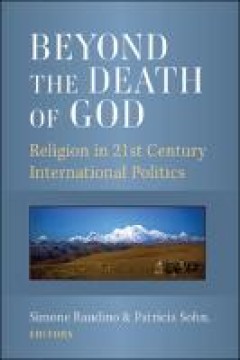
Beyond the Death of God
In 1882, Friedrich Nietzsche announced that “God is dead.” However, that was not the end of his speculations on the subject. He continued: “And we killed him. How shall we comfort ourselves, the murderers of all murderers” who brought God to die “under our knives.”
- Edition
- -
- ISBN/ISSN
- 9780472075157
- Collation
- 438
- Series Title
- -
- Call Number
- -
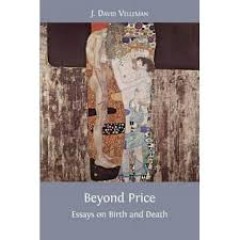
Beyond Price : Essays on Birth and Death
In this chapter I argue that a widely recognized right to die would have the paradoxical effect of harming some people who never exercise it as well as some who exercise it and are better off for doing so. Even more paradoxically, recognition of such a right would make it difficult if not impossible to define a class of people to whom it should be accorded in practice.
- Edition
- -
- ISBN/ISSN
- 9782821876330
- Collation
- -
- Series Title
- -
- Call Number
- -
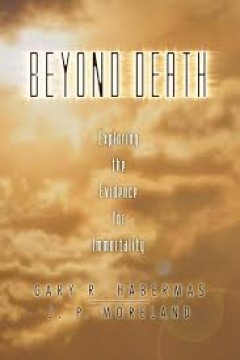
Beyond Death
A wide-ranging treatment on the meaning of death, and its juxtaposition with life, from biological, cultural, and spiritual perspectives. Dozens of case studies accompany the principal essays written by scholars, Indigenous community members, and curators of the exhibition Death: Life’s Greatest Mystery.
- Edition
- -
- ISBN/ISSN
- 9781407360430
- Collation
- 160
- Series Title
- -
- Call Number
- -

The Dry Tree: symbol of death
This book explores the "dry tree" as a profound symbol of death, examining its cultural, philosophical, and artistic representations throughout history. From ancient mythologies to modern literature and art, the dry tree appears as a powerful image representing desolation, transformation, and the end of life cycles. Through a blend of literary analysis and visual interpretation, this work seeks…
- Edition
- -
- ISBN/ISSN
- -
- Collation
- 60-79 p
- Series Title
- -
- Call Number
- -

Cryopolitics :frozen life in a melting world
The social, political, and cultural consequences of attempts to cheat death by freezing life.OCLC-licensed vendor bibliographic record.
- Edition
- -
- ISBN/ISSN
- 9780262338691
- Collation
- 1 online resource (vi, 362 pages) :illustrations
- Series Title
- -
- Call Number
- -
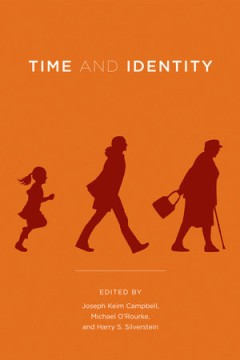
Time and identity
The concepts of time and identity seem at once unproblematic and frustratingly difficult. Time is an intricate part of our experience—it would seem that the passage of time is a prerequisite for having any experience at all—and yet recalcitrant questions about time remain. Is time real? Does time flow? Do past and future moments exist? Philosophers face similarly stubborn questions about id…
- Edition
- -
- ISBN/ISSN
- 9780262265799
- Collation
- 1 online resource (vi, 330 pages).
- Series Title
- -
- Call Number
- -
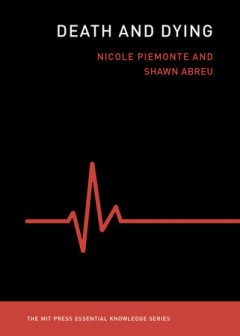
Death and dying
"A short, accessible book on issues of death and dying from the perspective of the medical professions"--OCLC-licensed vendor bibliographic record.
- Edition
- -
- ISBN/ISSN
- 9780262363860
- Collation
- 1 online resource.
- Series Title
- -
- Call Number
- -

Dying in the twenty-first century : towards a new ethical framework for the a…
Physicians, philosophers, and theologians consider how to address death and dying for a diverse population in a secularized century.OCLC-licensed vendor bibliographic record.
- Edition
- -
- ISBN/ISSN
- 9780262328579
- Collation
- 1 online resource (xii, 205 pages).
- Series Title
- -
- Call Number
- -

The case against death
Description based upon print version of record."An argument against the "Wise View" of death that it is an inevitable and acceptable part of life"--OCLC-licensed vendor bibliographic record.
- Edition
- -
- ISBN/ISSN
- 0262367459
- Collation
- 1 online resource
- Series Title
- -
- Call Number
- -

The craft of dying :the modern face of death
The fortieth-anniversary edition of a classic and prescient work on death and dying. Much of today's literature on end-of-life issues overlooks the importance of 1970s social movements in shaping our understanding of death, dying, and the dead body. This anniversary edition of Lyn Lofland's The Craft of Dying begins to repair this omission. Lofland identifies, critiques, and theorizes 1970s dea…
- Edition
- Fortieth anniversary edition.
- ISBN/ISSN
- 9780262353656
- Collation
- 1 online resource (168 pages).
- Series Title
- -
- Call Number
- -
 Computer Science, Information & General Works
Computer Science, Information & General Works  Philosophy & Psychology
Philosophy & Psychology  Religion
Religion  Social Sciences
Social Sciences  Language
Language  Pure Science
Pure Science  Applied Sciences
Applied Sciences  Art & Recreation
Art & Recreation  Literature
Literature  History & Geography
History & Geography